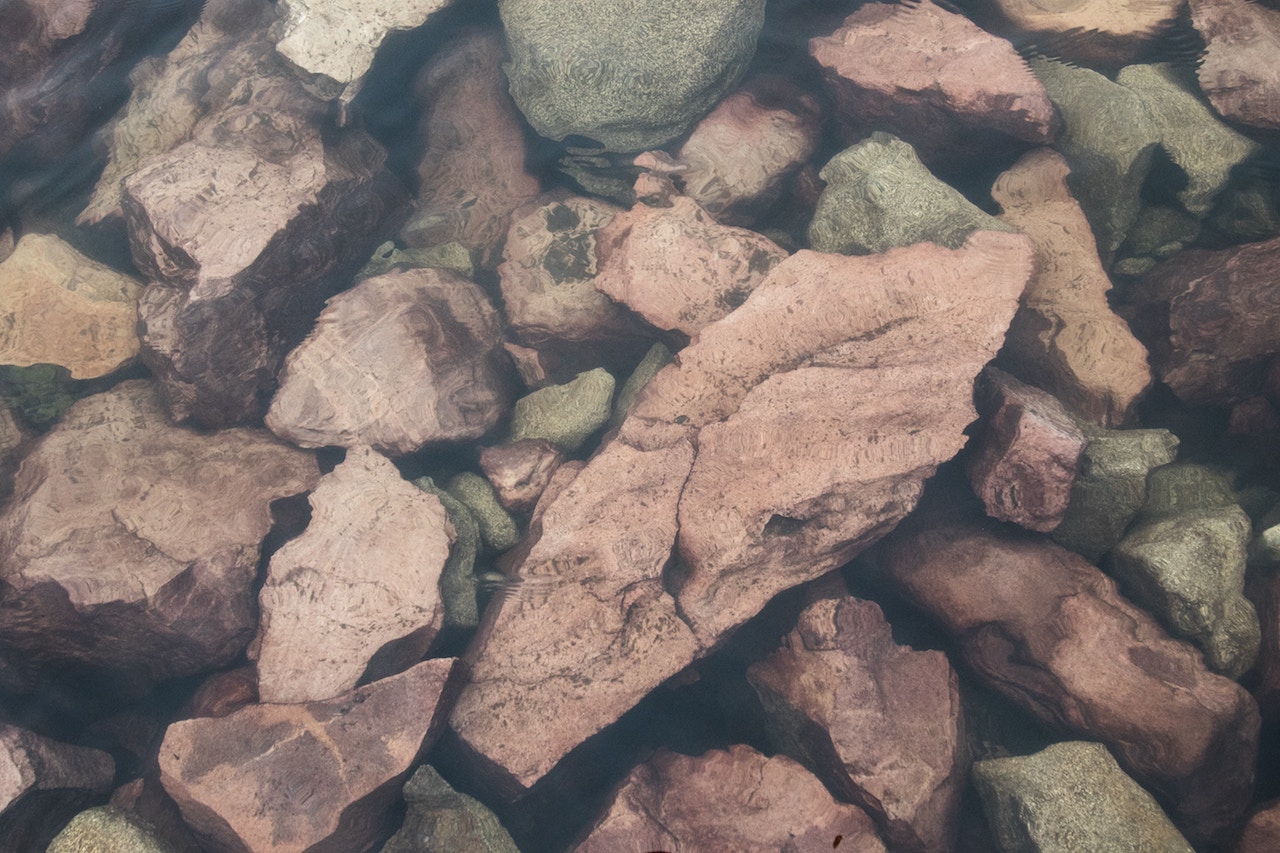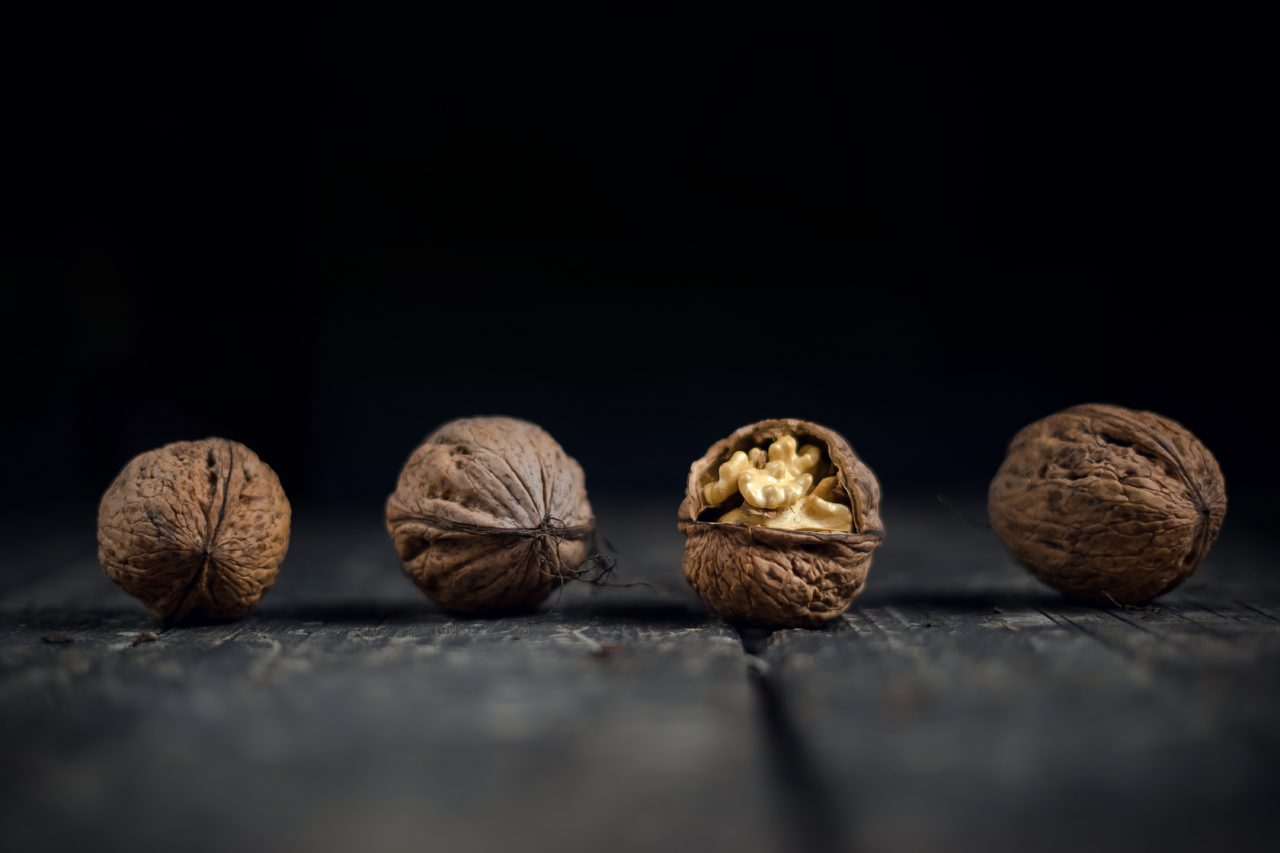Theodore Roethke Prize 2010
Eric McHenry is the recipient of the Theodore Roethke Prize for poems appearing in the Fall & Winter 2010-2011 (v5.n2) issue of Poetry Northwest. Read one of the prize-winning poems,“Deathbed Confession,” below, introduced by the author. The Theodore Roethke Prize is awarded to recognize the best work published in Poetry Northwest each year. There is no application process; only poems published in the magazine are eligible for consideration. To read the work of last year’s recipient, visit here. For a list of past winners, visit here. The man who called himself Dan Cooper — and who came to be known, through a journalist’s error, as D.B. Cooper — probably didn’t survive his jump from the plane. (There was a time when investigators believed that only an expert parachutist would have attempted such a dangerous jump. Now most believe that only an idiot would have.) But if he did survive, I promise you this: nothing infuriates him more than reading about someone’s recently deceased husband or father who with his last breath confessed to being the …




